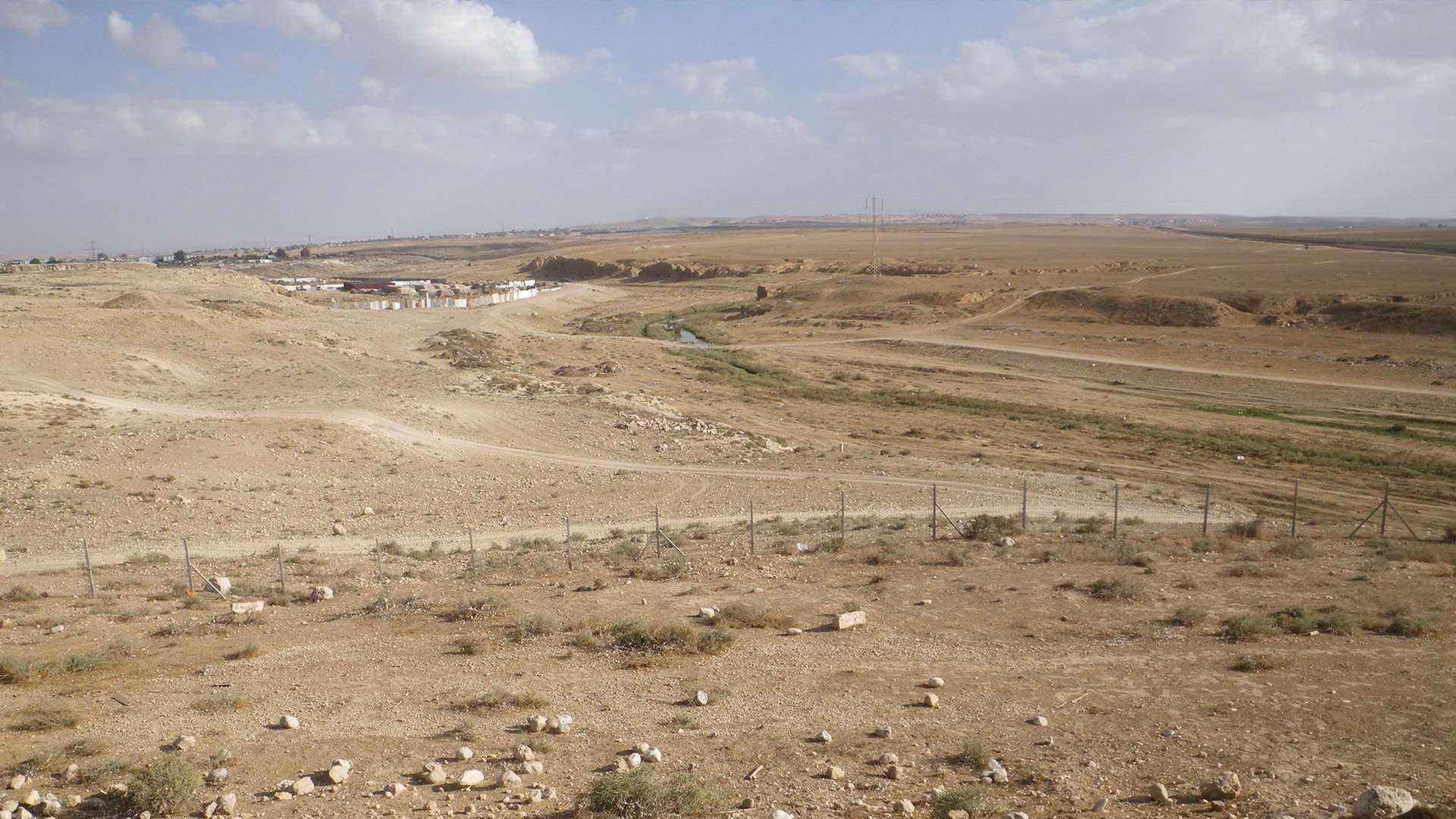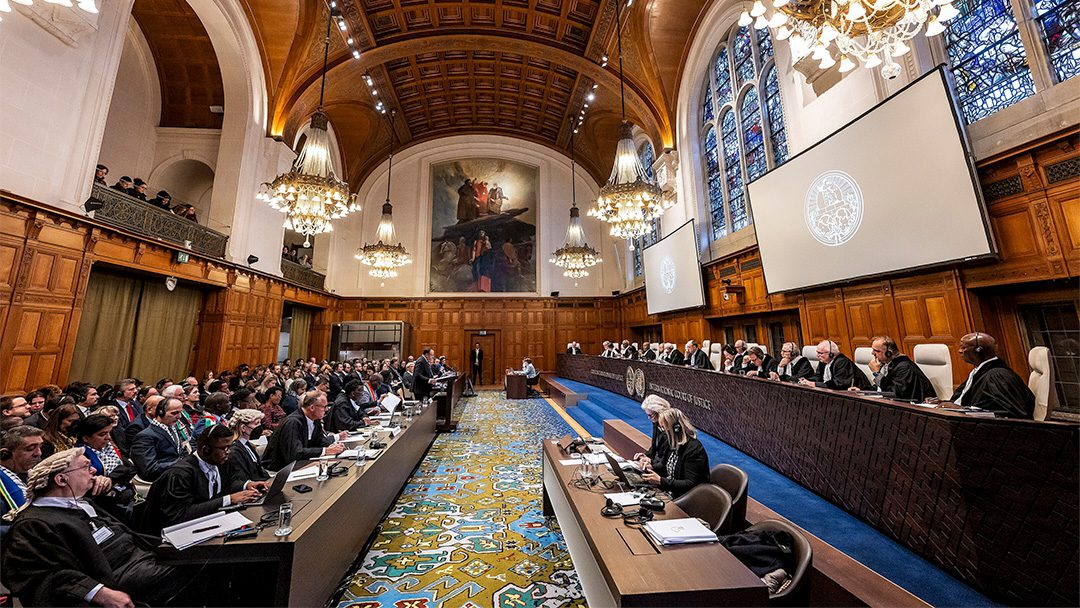After a tour group returned from Israel having done a study tour, I asked several members of the group what the highlight was for them. I was very surprised when a number of them replied ‘our time in the desert’! I was so fascinated that I decided to spend some time researching Scriptures about the desert and found it was indeed a rich study. It also has many lessons for us now as we continue to grapple with restrictions and lockdown, especially in Melbourne, where I live.
The Hebrew word for desert or wilderness is midbar. It means a rugged area, which is rough and uncultivated but not necessarily barren. It is uninhabited and therefore desolate and lonely. It is a place where people can easily become disoriented.
Much of the land of Israel is desert—the southern Negev desert, the Zin and Paran desert further south and the Judean desert to the East. In the Scriptures, the wilderness can be a physical place or can be used metaphorically to mean a dry place with the characteristics of a desert
(Ps 106:9, 107:33, Is 35:1,6, Jer 13:24).
It is often a negative, unfriendly place, barren, threatening and lonely (Job 38:26, Mk 8:4, Is 21:1, Ps 107:4, Jer 17:6, Lk 8:29). The Bedouin have learnt to survive thereby moving around from place to place and staying in groups. One person alone will not last long in the desert. Like our aborigines, they know the waterholes and wells and where and when the food supplies flourish.
The root of the word ‘midbar’ is ‘dabar’ meaning word, and from that comes ‘medeber’, to speak.
However, in the Bible, it is not always negative. It is said that it took a few days to get Israel out of Egypt but 40 years to get Egypt out of Israel. God took His people, who had become accustomed to a lifestyle and mindset of slavery, into the desert to meet with Him and learn to trust and follow Him before they could enter the promised land and their destiny. I suggest that we are not much different. They had seen Him provide water from a rock and manna from Heaven, but were scared by the giants. They had to learn to rely on Him alone, trust His provision and obey His instructions. The route should have been relatively short, but because of their unbelief and rebellion, it ended up being much longer. A desert can be a place that seems to have no relationship to what we feel we are called to do. However, it may be the shortest route from the slavery that we are in, to arriving at the promised land God is wanting to give to us. It may also be that God is protecting us from danger, as in a pandemic (Rev 12:6,14).
God delivered the Israelites from Egypt to meet Him at the mountain of God (Ex 4:27). The root of the word midbar is dabar meaning word, and from that comes medeber, to speak. There in the desert, God spoke to Moses and the people gave His Word and made a covenant with them (Ex 19:1-6). This also reminds us of Hosea 2:14-23, where God allures his beloved into the desert to betroth her to Him and bring restoration.
Before Jesus began His ministry He was led by the Spirit of God into the wilderness to be tested by the devil (Matt 4:1-11). He prayed and fasted and equipped Himself with the Word of God, the sword of the Spirit, to use against the Satan’s wily temptations. He overcame and was then launched into His calling. Like Abraham, Moses, David, and John the Baptist before Him, He was trained in the desert before beginning His ministry. If you are in this place, you are not alone. Many of God’s key leaders have had the same experience.
Throughout His life, Jesus chose to withdraw from the crowds and escape to a wilderness place to commune with His Father, pray (Mk 1:35) and fast (Matt 4:2). We are instructed to create a little wilderness place when we pray, by shutting the door and talking with our Father also (Matt 6:6).
After my initial intrigue and study, when I got back to Israel, I was keen to get into the desert and experience the silence for myself. Once there, as the demands of the world faded into the distance, we lived for the here and now, and focussed back on the real basics of life. I found my perspective changed to be much more appreciative of the small things I normally would have overlooked. Friendships were born as we had to rely on one another for survival. In the silence of the wilderness, God seemed much closer and undisturbed time with Him became a precious treasure. After many hours of camel riding, the chafing made it more pleasant to dismount and walk for a while. I learnt another trick—don’t then go and bathe in the Dead Sea. The chafing will heal quickly but the stinging can be intense! By the way, the setting sun on the desert mountains is a sight to behold as the colours change by the minute.
We may be in a desert through our own foolishness or rebellion, have been banished there by the actions of others (like Hagar in Gen 16 or government lockdowns), or have been drawn there by God (Hos 2:14, Matt 4:1). In that place, make a choice to seek the mountain of God, set your mind to draw unto Him, enjoy the stillness and silence, and learn to trust the Lord, allowing Him to prepare you for the next move. God’s voice can be heard clearly in the desert when all other voices are blocked out. Stand against the enemy’s arrows of discouragement and despair (I Cor 10:6-13). It is easy to become disoriented and wander in the desert, so call out to God for guidance (Ps 105:40-41). Do not grumble as Israel did (Ex 16:8), but look for the miraculous provision of God (Ex 16:4,12, Mk 8:1-9) and see Him transform your desert into a fruitful field (Is 35:1-6). How long we stay in the wilderness is often related to how teachable we are and how quickly we learn the lessons God is trying to teach us. When we conquer the desert, we will defeat the enemy for the enemy is not people or giants, it is the desert itself. The real enemy is within.












0 Comments